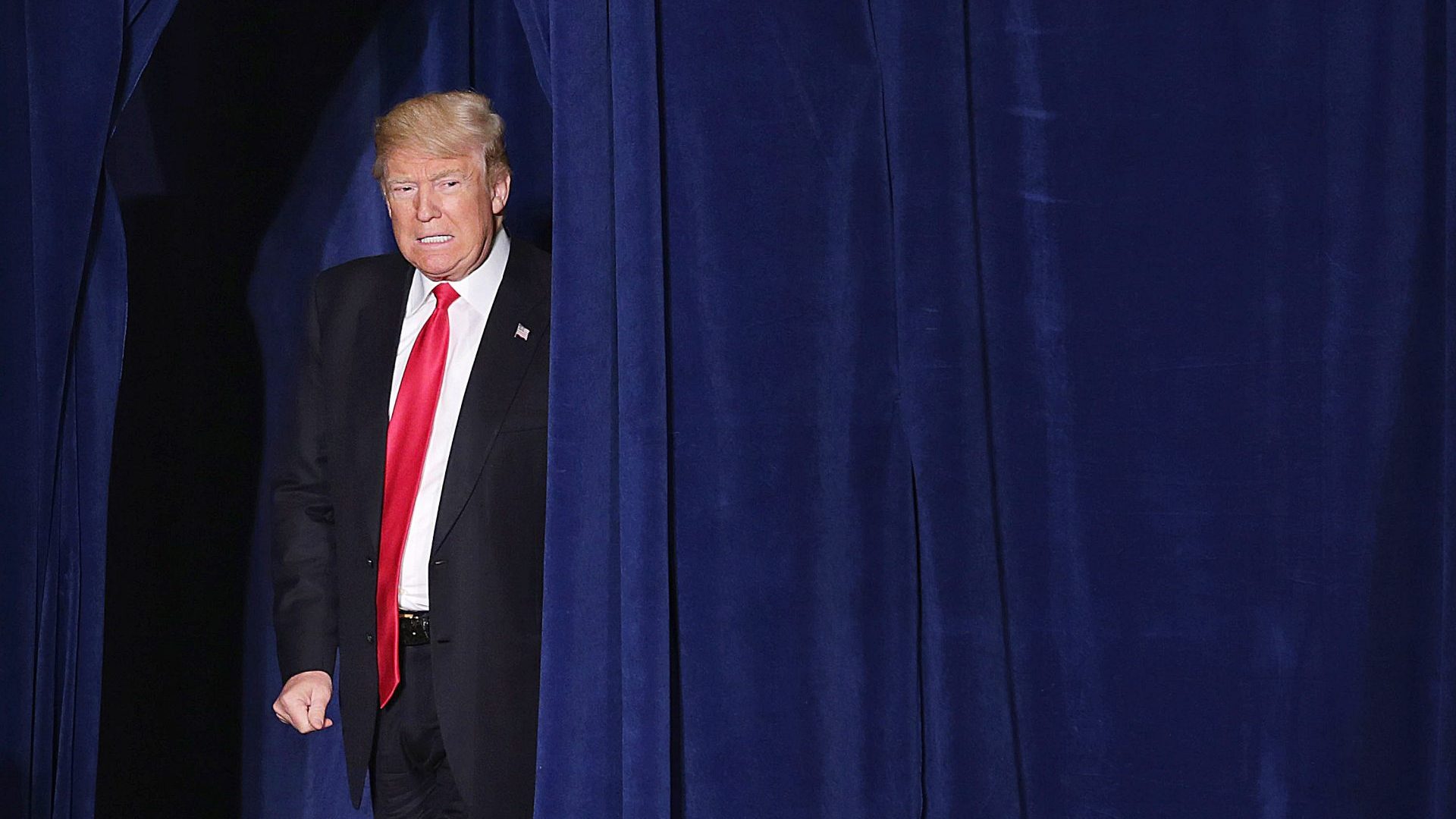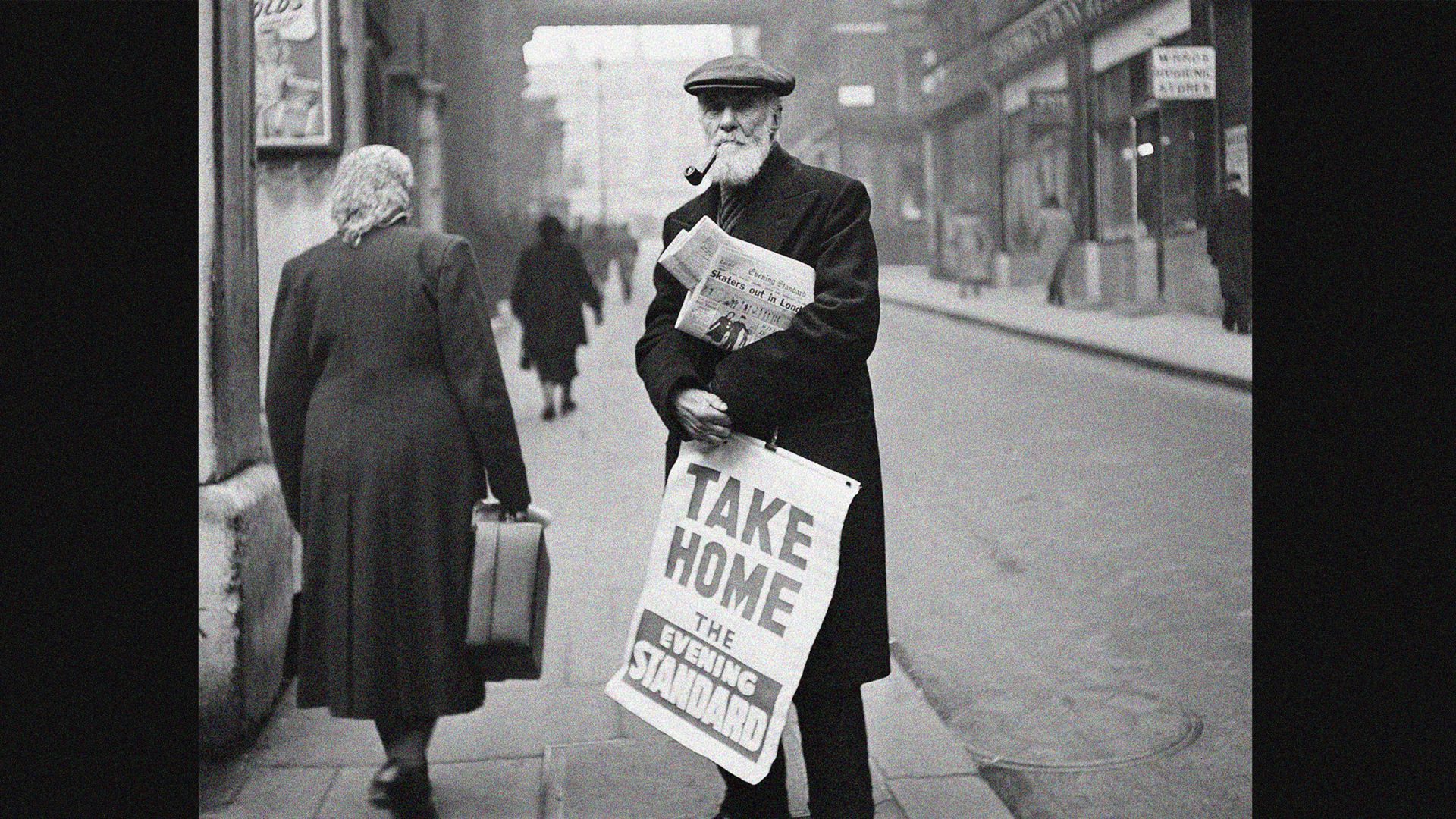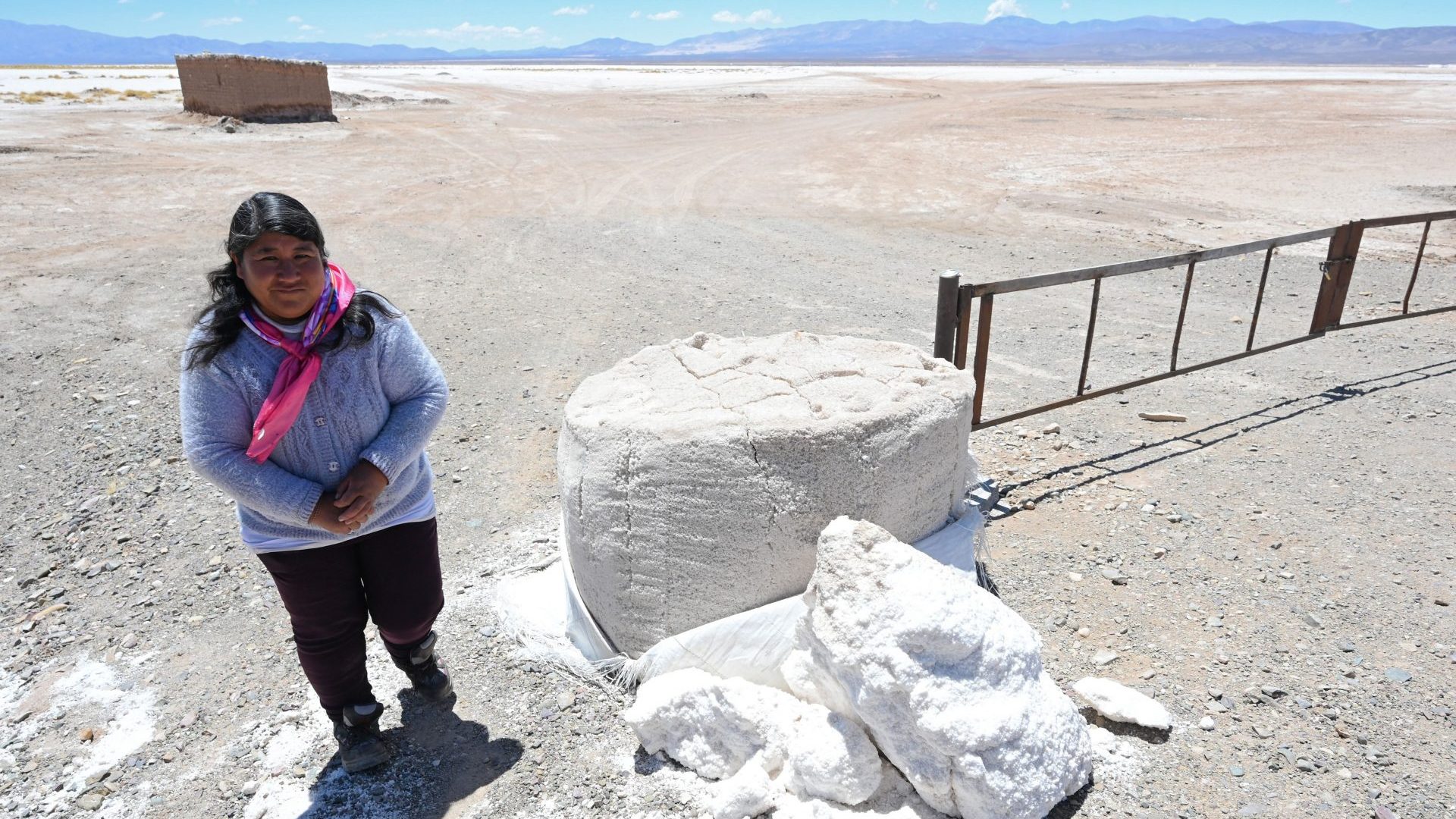In The Wizard of Oz it is at least by accident that Toto, Dorothy’s dog, rips down the curtain that is hiding a cowering old man pretending to be a terrifying dictator. In Donald Trump’s case, he has pulled the curtain down by himself.
It is less than a month since the US president slapped punitive tariffs on the rest of the world, wiping trillions of dollars of US stocks and sending the yield on US government bonds through the roof.
The move was meant to shock and awe friend and enemy alike. The logic behind it was clear: using tariffs at a scale certain to collapse global trade, the US was going to reindustrialise itself, in preparation for a mid-century confrontation with China over who will set the rules for the world.
It was, in the process, going to dictate the terms of trade to its European and Pacific allies, while claiming suzerainty over Greenland, Canada and the Panama Canal, and walking away from its commitments to the defence of Europe. In addition, Trump threatened to sack Jerome Powell, head of the Federal Reserve – effectively politicising the most important central bank in the global system.
Then the plan unravelled. As Republicans in Congress warned of imminent recession, Trump was ambushed by the sensible wing of his administration and persuaded to immediately pause the “reciprocal” tariffs for 90 days – except for China, where they would increase to 145%.
Then, quietly, he announced he would exempt Chinese semiconductors from the tariff war.
Having called Powell a “loser” and saying his termination “cannot come fast enough”, Trump again backed down and pledged that he had no intention of sacking the Fed boss. Now he has signalled that the USA is ready to lift the Chinese tariffs rapidly.
There are two readings of this remarkable passage in economic history going around the analyst community. One says that everything that Trump has done makes sense: it is logical for the USA to pressure Europe into paying its way over defence; logical to grab the world’s attention with a tariff war that could tank the global economy – because the end game, of a reindustrialised America, its debt financed by the rest of the world, is logical and achievable.
Another says Trump is pursuing an impossible outcome: to shrink the US trade deficit without shrinking the budget deficit, and in any case China – as the supplier of both goods into American homes and the purchaser of US debt – holds the better hand.
I think it is possible to hold both views at once. Trump’s intent was logical and in the long-term interest of the US – even if inimical to ours. But far from executing an elegant strategic manoeuvre, combining shock and awe with actual effect, Trump’s trade offensive faltered.
Basically having threatened to blow up the world economy – creating a negative sum game in which Americans lose less than the Chinese and Europeans lose – he blinked. Having threatened to overturn one of the most hallowed assumptions of free-market capitalism – the independence of central banks – he blinked again. Having initiated tariff war a l’outrance with China, he blinked a third time.
And some of these blinks were needless. If you are really going to shake up the world economic order, you have to do big, permanent things, not big temporary things.
In early April, policymakers outside the US were coming to terms with the idea that Trump might seriously stage a Götterdammerung of the world’s stock markets, with all the risk that entailed for the highly leveraged financial sector. Once the climbdown happened, some in Europe switched to the idea of joining America’s trade war on China, as part of a grand bargain to keep the imploding Pentagon interested in our defence. Now, that too looks unnecessary.
The problem for Trump is this: starting a trade war with China was his big idea. If he wants to pull stuff like this again, nobody in their right mind will assume he’s serious. For all that Trump’s “Art of the Deal” strategy involved knocking the adversary off guard, with confusion tactics, right now nobody is confused.
But the dangers inherent in the situation persist. The gold price is soaring because savers and corporations are running away from all forms of risk. Even the blanket tariffs that Trump has maintained – at 10% – could push the world economy close to recession. And as with Liz Truss, the USA and its mortgage borrowers are now paying a “moron premium” in terms of higher interest rates.
At a geopolitical level, the USA has just thrown away a large amount of its remaining soft power. It has attempted to coerce its allies using barefaced economic pressure. It has hugely increased domestic political and social tensions – and they’ll increase some more as the economic impact of the trade war deepens.
The Chinese Communist Party uses advanced metrics to calculate the relative “national power” of itself and its rivals. Disarmingly, for an autocracy, it counts democracy and internal stability plus points in these calculations, alongside soft power and technological prowess.
Those feeding data into the CCP’s model of American geopolitical might will just have marked these negatively – alongside that other intangible quality of Great Power diplomacy: credibility.
The irony is, if Beijing begins to fear a more rapid slide in US power than it has planned for, it may have to expand its own geopolitical footprint faster than it planned.
Amid all this, one thing is certain. We can never trust the USA again. The British government cannot say this, because of the niceties of diplomacy, but every piece of paper the USA has ever signed has to be judged if not worthless, then less than what it was worth when agreed.
By the same logic, even if Trump can be bounced into something positive – for example going hardball against Vladimir Putin in the fight for a lasting and just peace in Ukraine – why would any of the parties to an agreement believe him.
Trump is still roaring, like the Wizard of Oz does in the movie for that split second after Toto pulls the curtain. After that, L Frank Baum’s immortal image comes to mind:
“‘I am Oz, the Great and Terrible,’ said the little man, in a trembling voice. ‘But don’t strike me – please don’t – and I’ll do anything you want me to.’”




